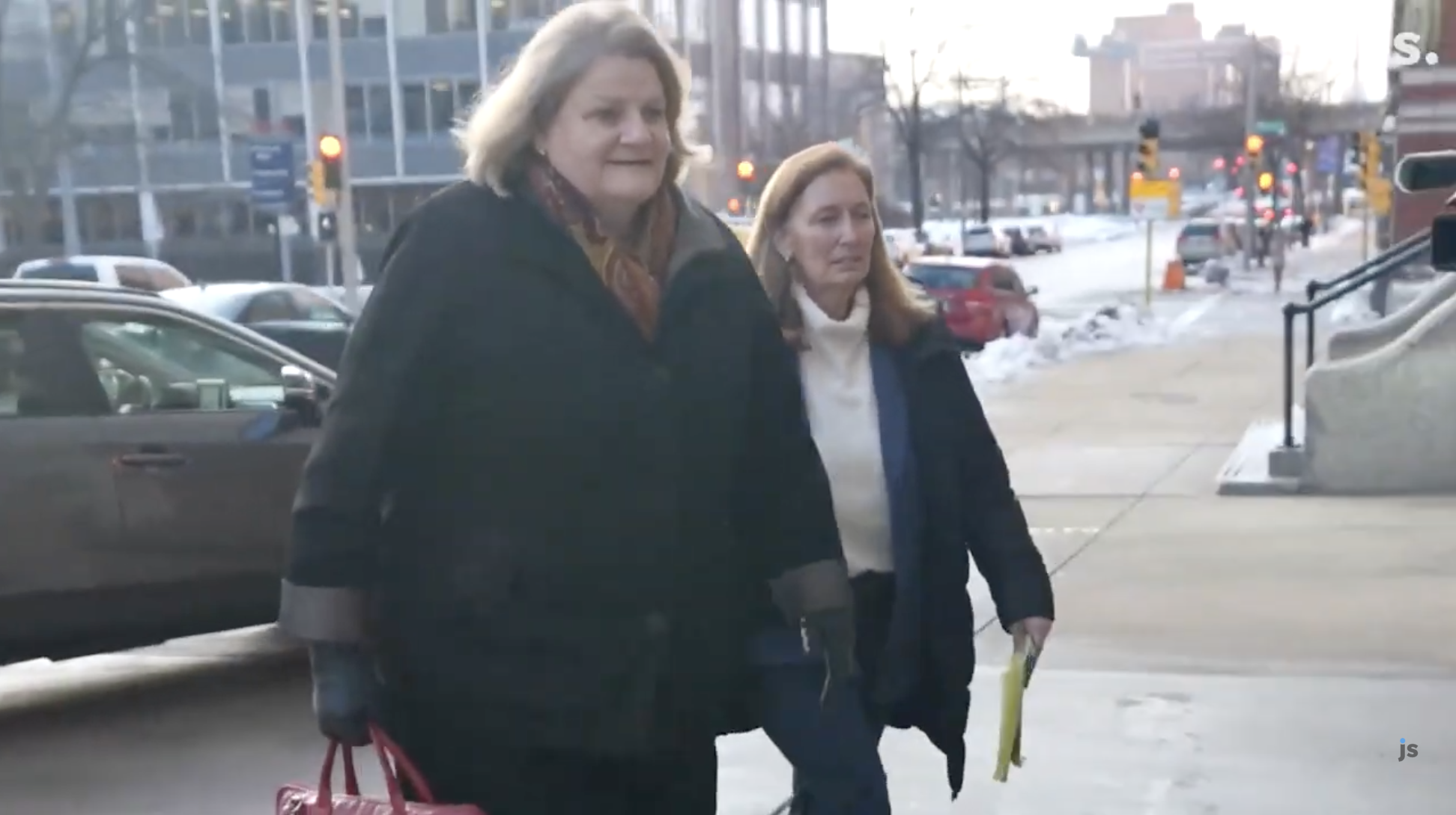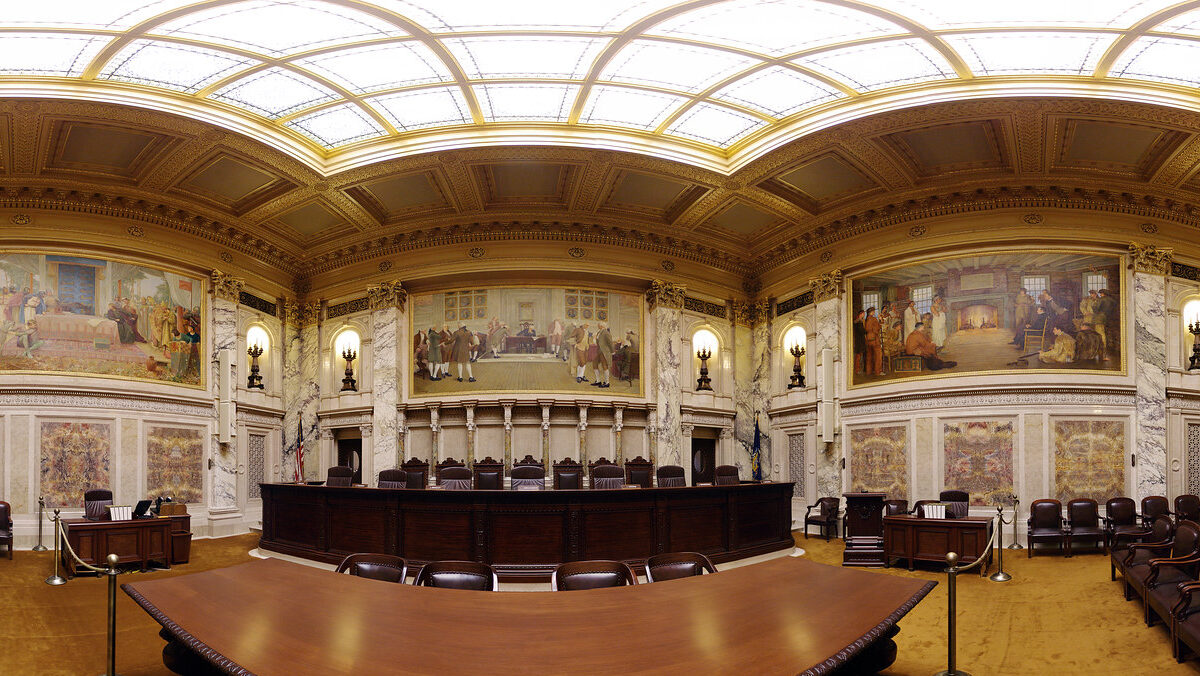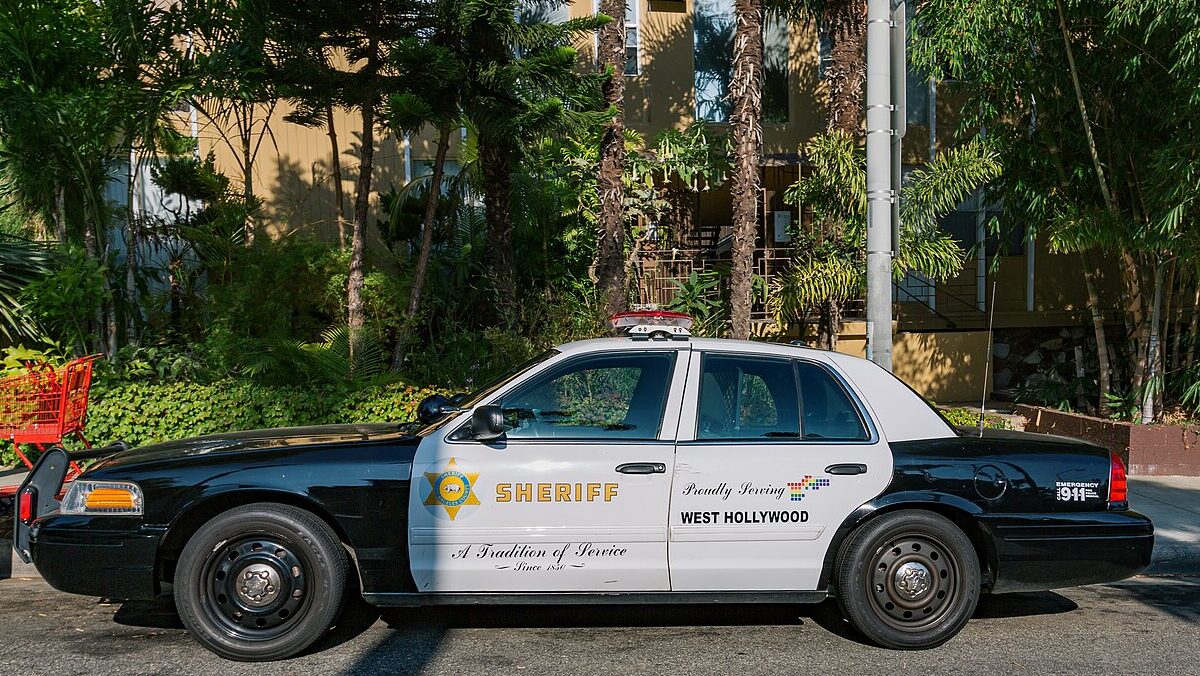Supreme Court gun ruling leads to lawsuits on ‘sensitive places’.
The Supreme Court’s Landmark Second Amendment Decision Sparks New Legal Battle Over “Sensitive Places”
The Supreme Court’s landmark Second Amendment decision last summer kicked off new legal battle lines to overturn laws designating broad localities as gun-free zones known as “sensitive places.”
Sensitive place laws aren’t new but have become a burgeoning strategy for Democratic-led states implementing gun control after last year’s June 23 New York Rifle & Pistol Association v. Bruen decision. The ruling struck down the Empire State’s old discretionary concealed carry regime and, most notably, held that gun regulations should be “consistent with the Nation’s historical tradition of firearm regulation.”
Unclear Guidance on “Sensitive Places”
“There’s just not a lot of guidance in Bruen about what the underlying theory is behind sensitive places,” Andrew Willinger, executive director of the Duke Center for Firearms Law, told the Washington Examiner.
“If you’re doing analogical reasoning to history, what are the principles in history that would support these modern designations? The court doesn’t really go into that at all other than to say, generally, you can’t designate something like an entire urban area or entire downtown area as a sensitive place, but [the justices] don’t provide any further guidance,” Willinger said.
New York’s CCIA Law
In response to what Gov. Kathy Hochul (D-NY) called the “reckless” Bruen decision, she signed the state’s Concealed Carry Improvement Act on July 1 last year, which effectively banned the possession of guns in a long list of places.
Guns are listed as prohibited in New York government buildings, healthcare facilities, places of worship, libraries, playgrounds, public parks, zoos, childcare facilities, the buildings or grounds of educational institutions, mass transit, and many other locations, including a perimeter surrounding Times Square.
Tom King, executive director of the New York State Rifle & Pistol Association, the plaintiff in the landmark case, told the Washington Examiner he believes the New York’s CCIA law is a “reiteration of the laws the Bruen decision made unconstitutional.”
“It was just a way of New York state thumbing their nose at the Supreme Court,” King said.
Legal Challenges in Other States
Like in New York, pro-gun groups in Maryland are challenging a law passed on May 16 that designates gun restrictions in a so-called “special purpose area,” which is defined as a place licensed to sell alcohol, cannabis, a stadium, museum, racetrack, or casino. A group known as Maryland Shall Issue is suing over the law, saying it violates Bruen by “banning firearms in a whole host of locations otherwise open to the public,” according to its webpage.
On the same day Maryland passed its gun legislation, pro-gun plaintiffs in New Jersey won an early victory in a challenge against the Garden State’s ban on firearms in sensitive places. U.S. District Court Judge Renee Mari Bump wrote that the state failed to “present sufficient historical evidence as required by Bruen to support each aspect of the new legislation.” The state has since appealed that decision.
While several legal experts told the Washington Examiner that the constitutionality of sensitive place laws could be another facet of the Second Amendment for the Supreme Court to weigh, the majority on the court thus far seems poised to allow lower courts to wrestle with interpretations until then.
" Conservative News Daily does not always share or support the views and opinions expressed here; they are just those of the writer."




